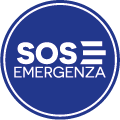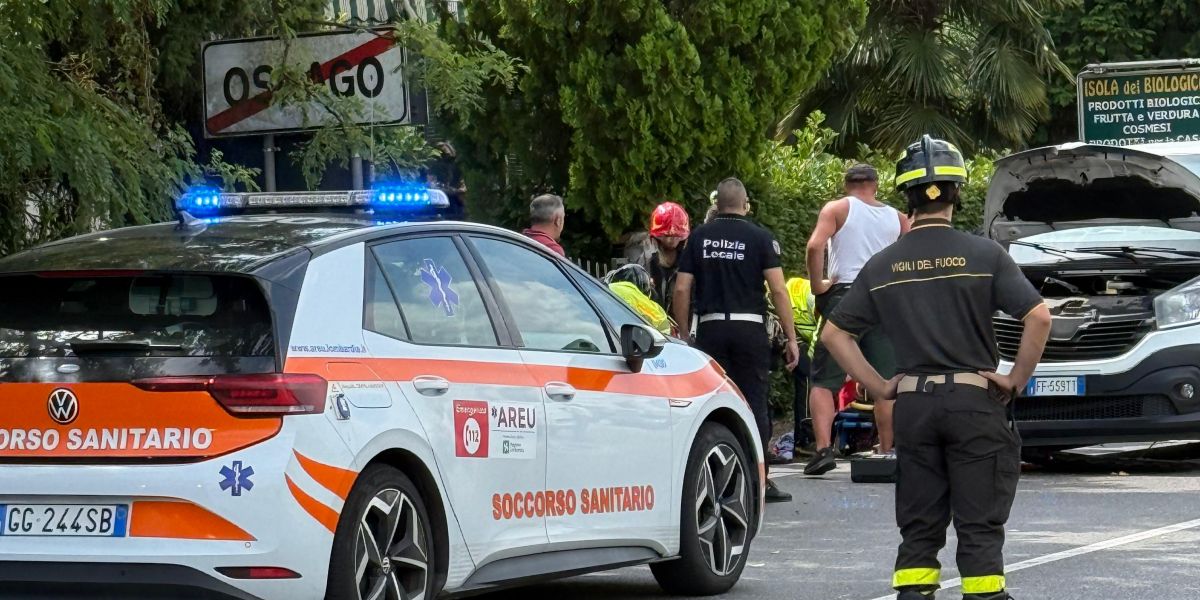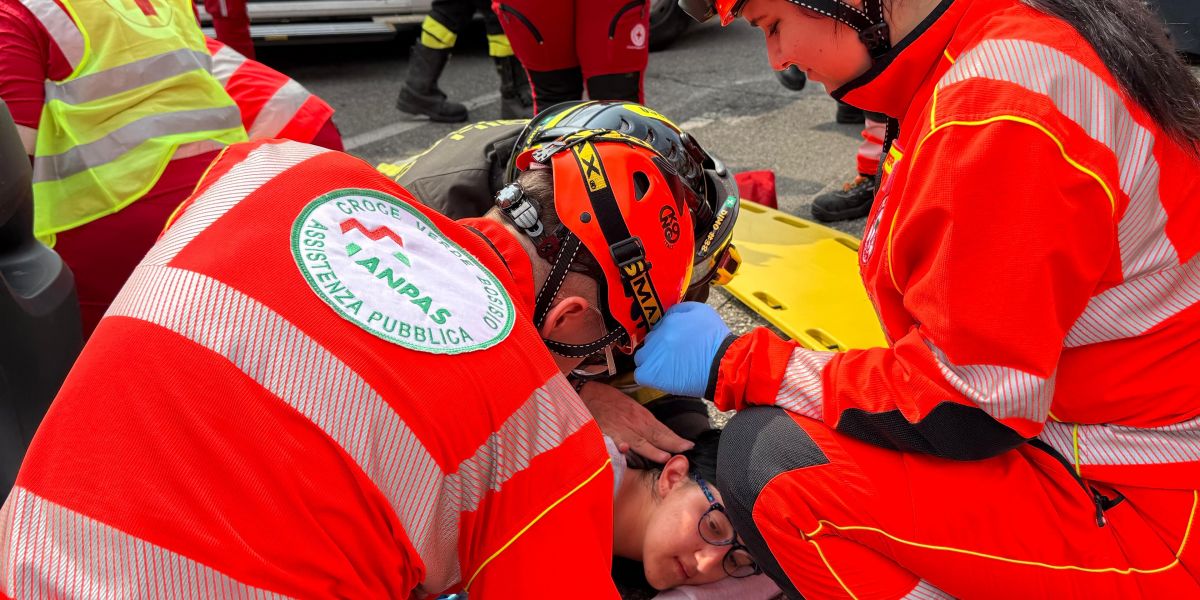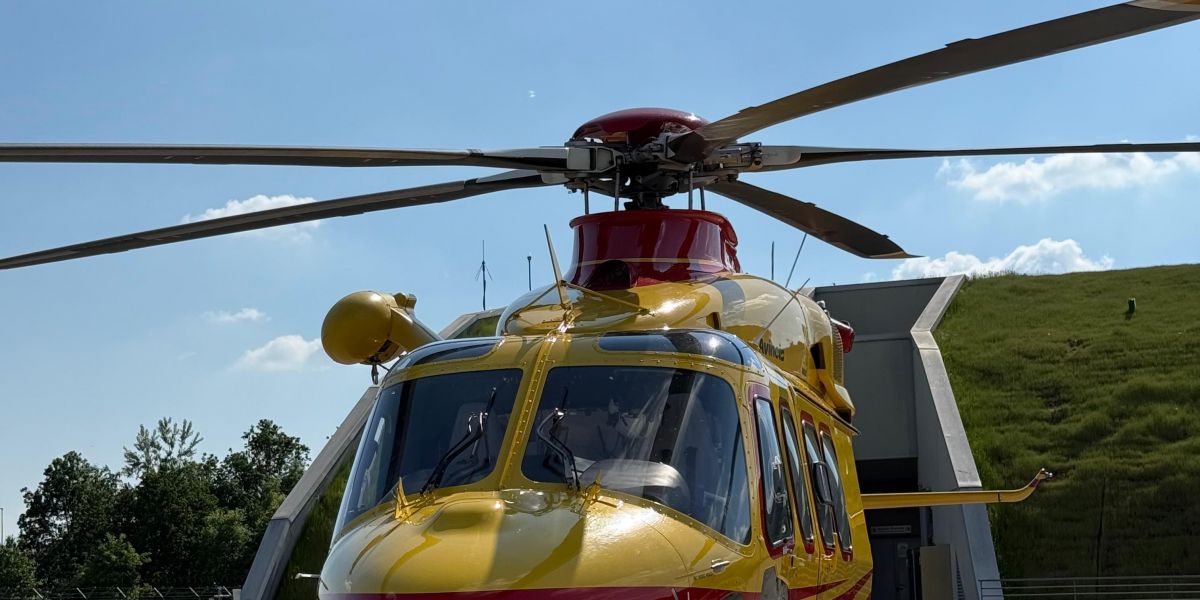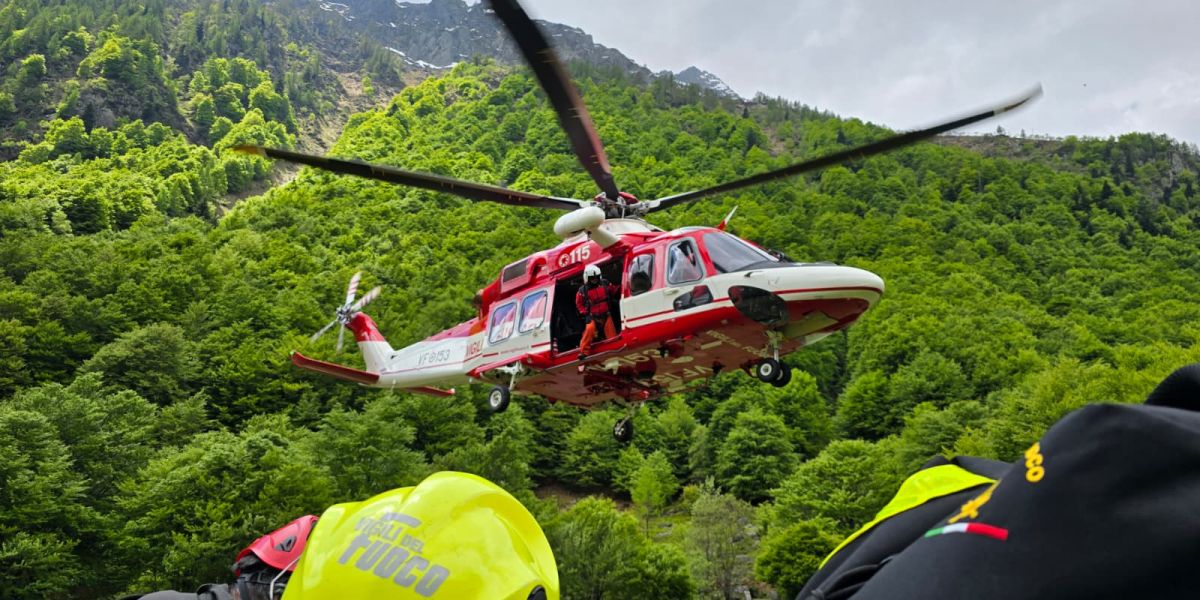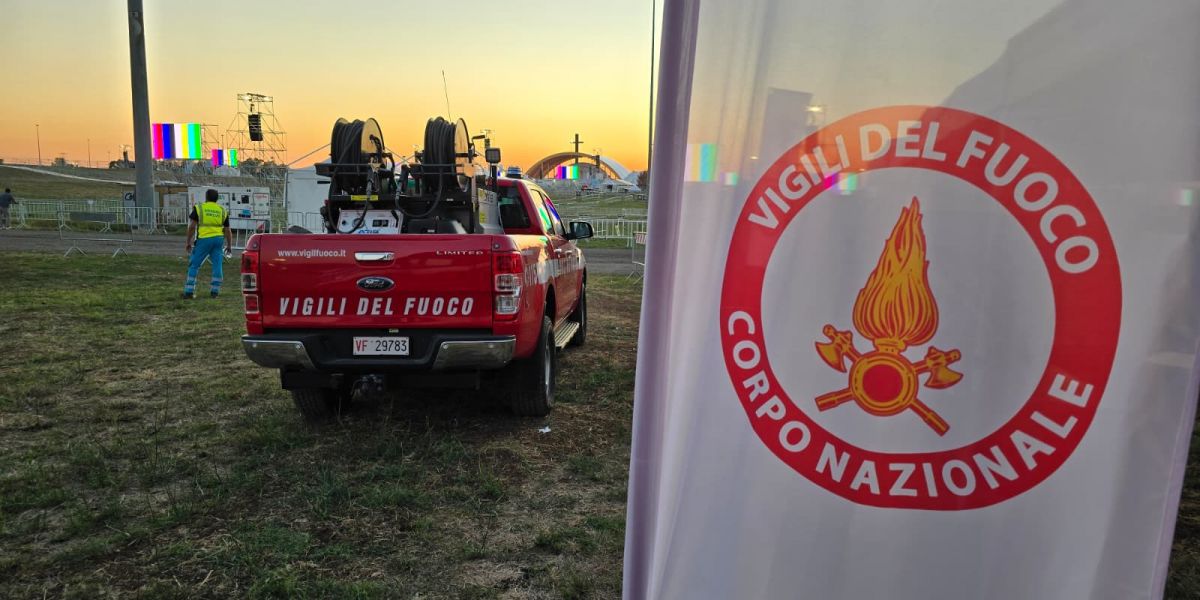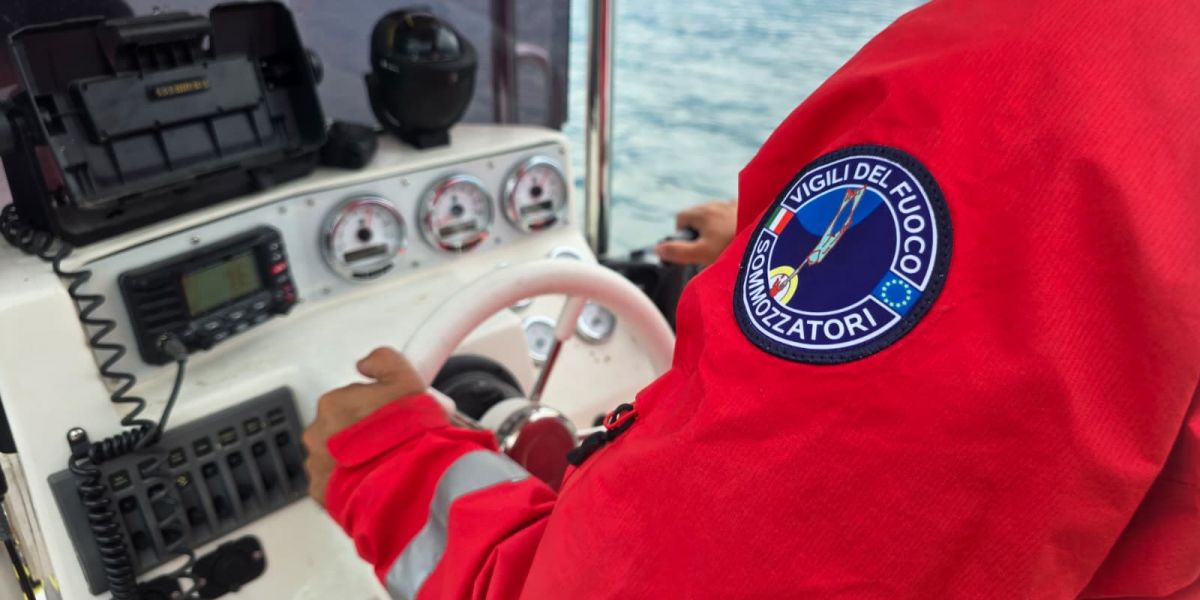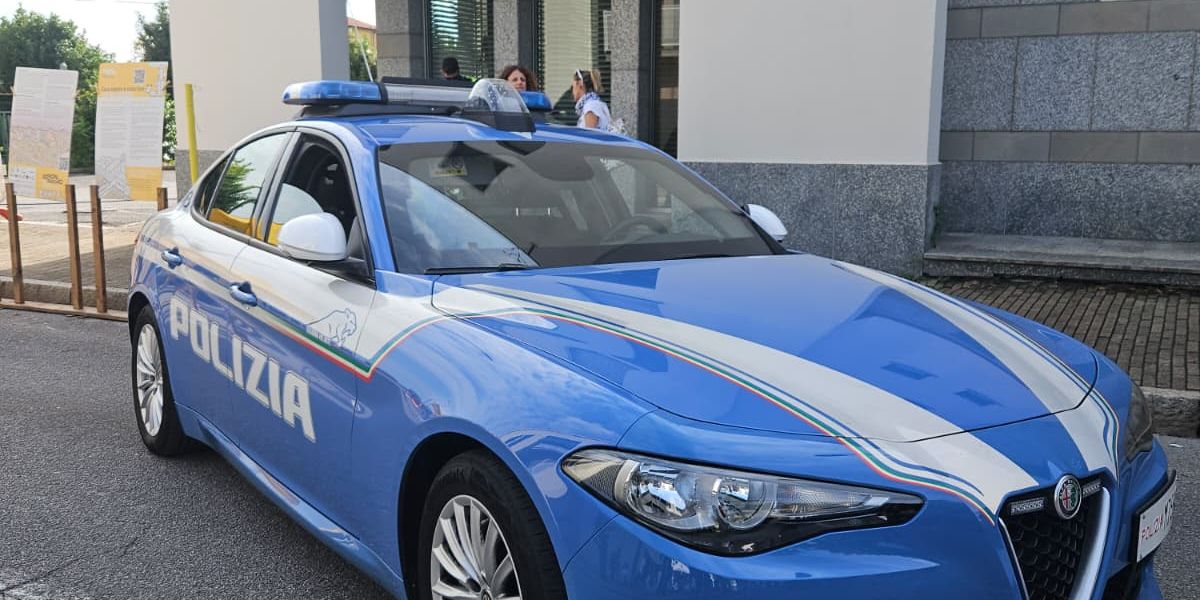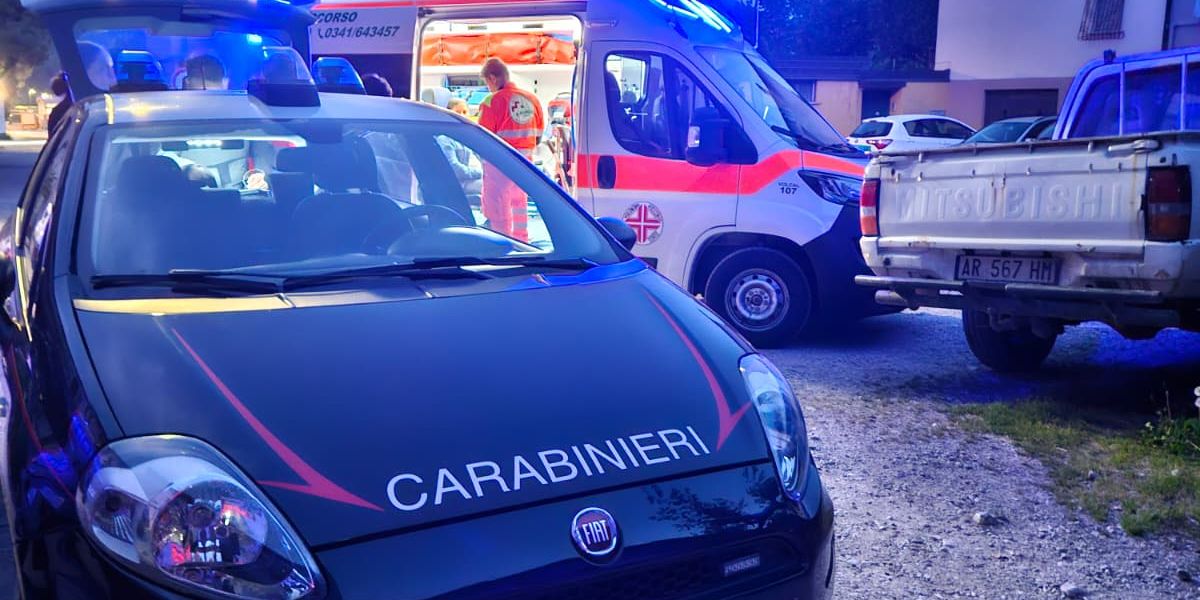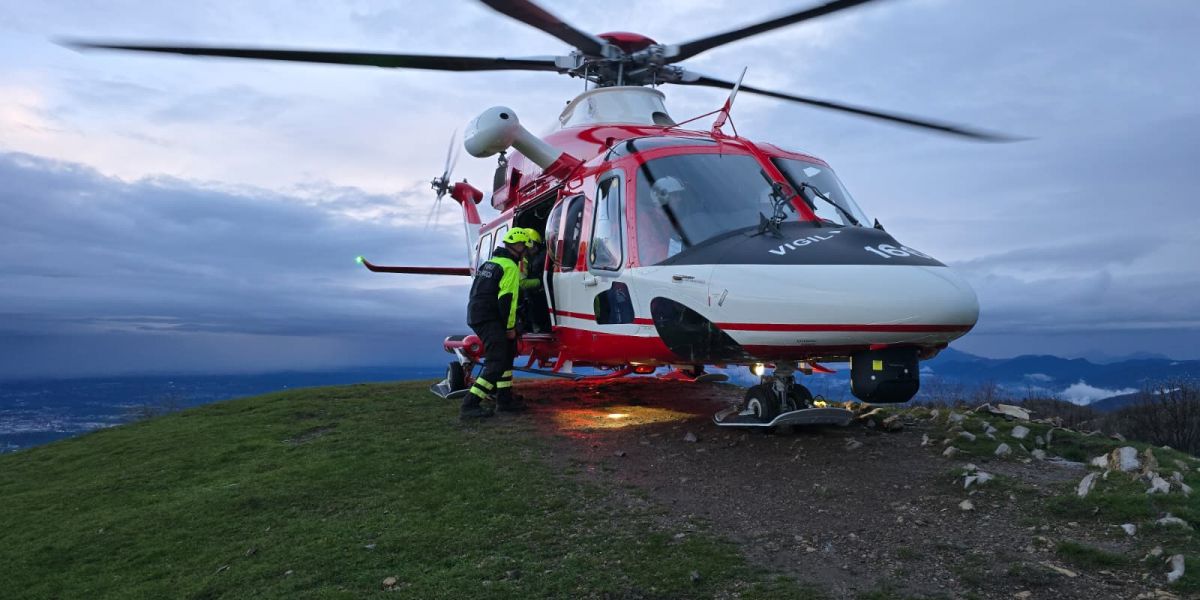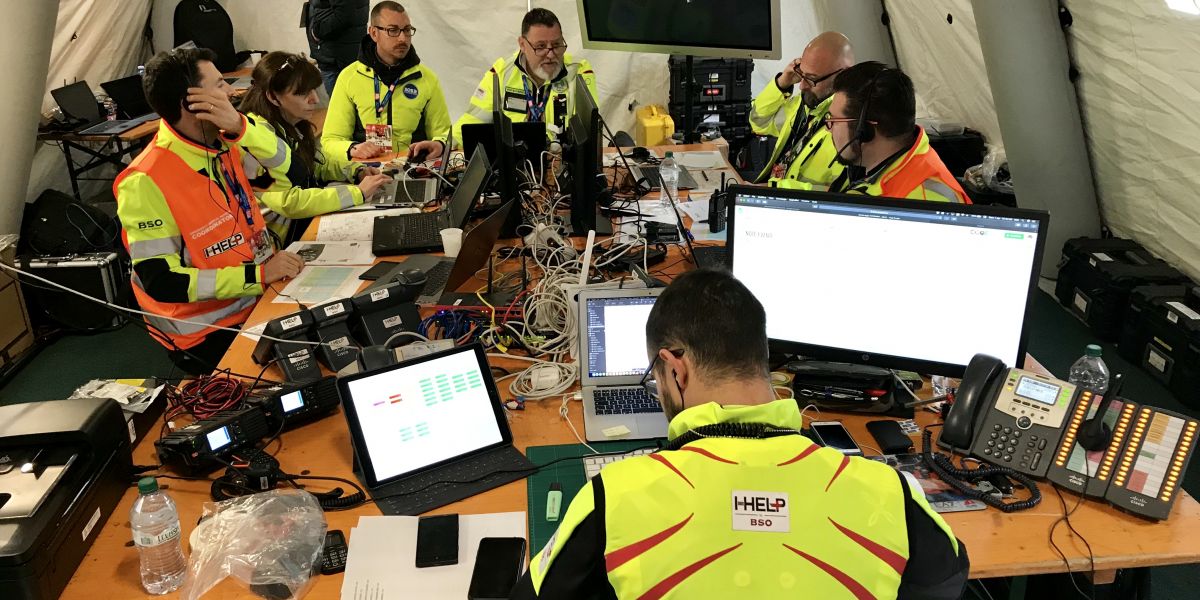Le strategie dei servizi di emergenza per gestire l'epidemia COVID-19
Le strategie dei servizi di emergenza per gestire l'epidemia COVID-19 sono in continua evoluzione. Alcune delle strategie più comuni includono un aumento del personale per migliorare l'efficacia delle centrali operative, invitando il pubblico a chiamare il numero di emergenza in caso di reale emergenza e la creazione di siti Web e hotline specifiche per rispondere alle domande su COVID-19.
EENA, al fine di tenere informati i servizi di emergenza in tutto il mondo su come i vari paesi stanno gestendo questo problema e per aiutarli a essere preparati, ha raccolto alcune informazioni importanti di seguito raccolte.
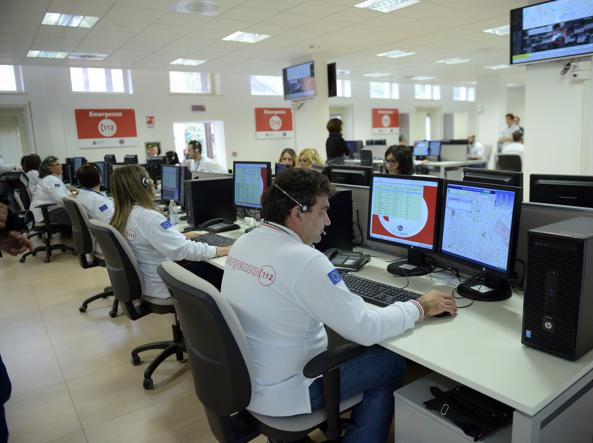
Increase in volume of calls
112 emergency call centres are receiving a high volume of calls due to the COVID-19 outbreak.
- In Italy, on 16 February when there was still no confirmed case of COVID-19, 5,086 calls were made to the 112 Centre in Milan. The first case was confirmed on 17 February and on 22 February the centre had already received 10, 657 calls.
- In Spain, calls to 112 have tripled. Last week, 112 Catalonia received 11,457 calls (the normal amount is 4,500 a day). 57.5% of the 112 calls are questions regarding the virus.
- In Croatia, calls to 112 have also increased. Normally, they receive 4,000 calls a day. In the last 3 weeks, the number of calls has grown to about 6,000 calls. In addition to the drastic increase in the number of calls, the average duration of calls also increased. “It happens to us that all the Centres are overloaded at certain moments.”
Countries have also seen an increase in calls to non-emergency numbers, health information lines and dedicated COVID-19 hotlines and services:
- In Portugal (mainland), the helpline of the Ministry of Health (SNS 24) reached a historic number of calls (13,532 calls) on 2 March shortly after confirmation of the first two cases of COVID-19 in Portugal.
- In the United Kingdom, telephone calls to the NHS non-emergency number 111 were up by one third compared to the same time last year, with an extra 120,000 calls in the first week of March. Alongside, the 111 online service received over one million people between 4 March and 9 March, with enquiries jumping to a record high of more than 210,000 in a single day.
- In Luxembourg, the COVID-19 hotline was called 2,300 times on March 17 only.
- In Romania, on 20 March there were 4,950 calls to the COVID-19 information hotline in 24 hours.
- In Greece, on 9 March, the 1135 line reported more than 15K calls in 24 hours. They also say that the call volume does not seems to reduce. On the contrary, by the end of the week the calls have significantly increased to 20K calls.
Strategies used to face the COVID-19 outbreak
Countries have been using various strategies to face this increase in volume of calls and the other challenges of the COVID-19 outbreak.
Creation of dedicated hotlines
- In Croatia, a new national hotline 113 was created to answer citizens questions regarding COVID-19.
- In Estonia, a new information helpline 1247 was also created last week.
- A hotline is available in Luxembourg.
- Romania’s TELVERDE line is for informing citizens about COVID-19.
- Slovenia has a hotline providing information about COVID-19.
- Almost all countries have provided a hotline to help their citizens who are living abroad.
Some countries have several hotlines according to region:
- Germany has separate COVID-19 hotlines in different federal states, as well as national hotlines.
- In Italy, regional toll-free numbers were established to answer questions about COVID-19.
- In Spain, each region has its own information number.
- Finland has a national information number about COVID-19 (via phone and via chat) and an additional numbers for Helsinki and Lapland areas.
- The Portuguese archipelagos (Madeira and Azores) have their own information lines for questions related to COVID-19.
- Jersey (Channel Islands) has launched a COVID-19 helpline.
Increasing capacity of call centres
- Some countries are using students to increase the capacity of call centres. In some departments, France has provided a brief training to students so that they can assist in the centres. Slovenia is using senior students of the Faculty of Medicine to answer calls to the information hotline.
- In France, call takers from fire departments are assisting in the medical services call centres in order to help manage the influx of calls.
- NGOs in Malta are asking for volunteers to operate the COVID-19 helpline.
- In the United Kingdom, the London Ambulance Service have asked former call handlers to volunteer to work in the call centres during the COVID-19 outbreak.
Online services
- The United Kingdom is urging people only to call the non-emergency 111 number if they cannot access the online 111 service. An update to the 111 service was launched on 4 March to help people get quick advice about COVID-19.
Accessibility
- France has provided specific indications for deaf and hard of hearing citizens in order to ensure accessibility.
- In Italy, Rai, the national public broadcasting, created a spot for the Ministry of Health, in collaboration with the Presidency of the Council of Ministers, to raise awareness of good daily practices that help contain the risk of infection from COVID-19. The spot was also in sign language (LIS).
Communication with the public
As measures taken by authorities are to be applied by everyone immediately, many countries are relying on multi-channel Public Warning Systems. Information is shared by all authorities on TVs, radios, websites, social media, dedicated apps… but some authorities have also decided to send alerts to people’s mobile phones:
- Cell Broadcast messages have been sent to the population in Netherlands, Greece or Romania to alert them on the specific measures that were taken.
- Even though these countries do not have for the moment any technology to geo-target localised alerts, France, Portugal and Denmark have sent a nation-wide SMS to all the population.
- Some Public Warning apps such as KATWARN and NINA have also been used locally by some authorities in Germany or Austria to alert the population of the new instructions to follow.
Advanced Public Warning technologies also help some authorities to get better situational awareness of how many people are located in a specific area or how many nationals are still located abroad. Advanced systems can allow more geo-targeted alerts and interaction with the population.
Many web platforms (social media platforms, streaming platforms, search engines, etc.) are also assisting public authorities in relaying official messages and specific instructions to the population.
Provisions for people in quarantine
- Malta has provided a number for people in quarantine to call if they need shopping or medicine.
- Poland has developed a special mobile application – STAY HOME – activated in all Poland. This app helps people to be located easily, call directly the helpline and order groceries/medicines.
Other
- Latvia announced a new special line, 8303, that patients will be able to call in the future to apply for state-funded COVID-19 analyses.
